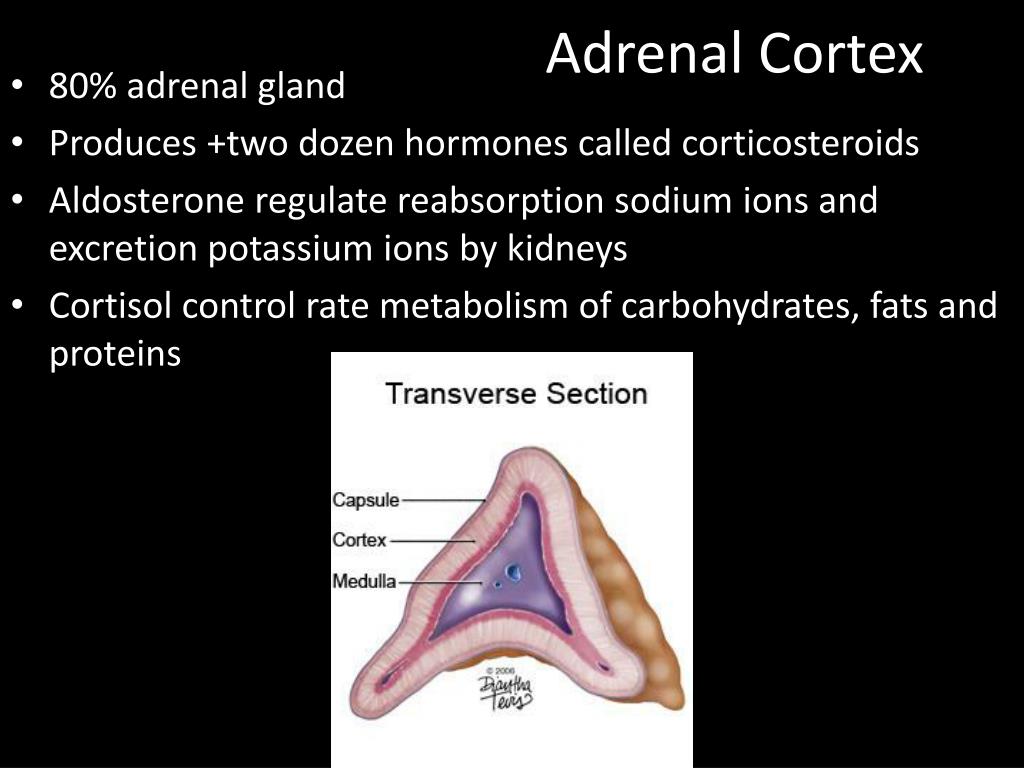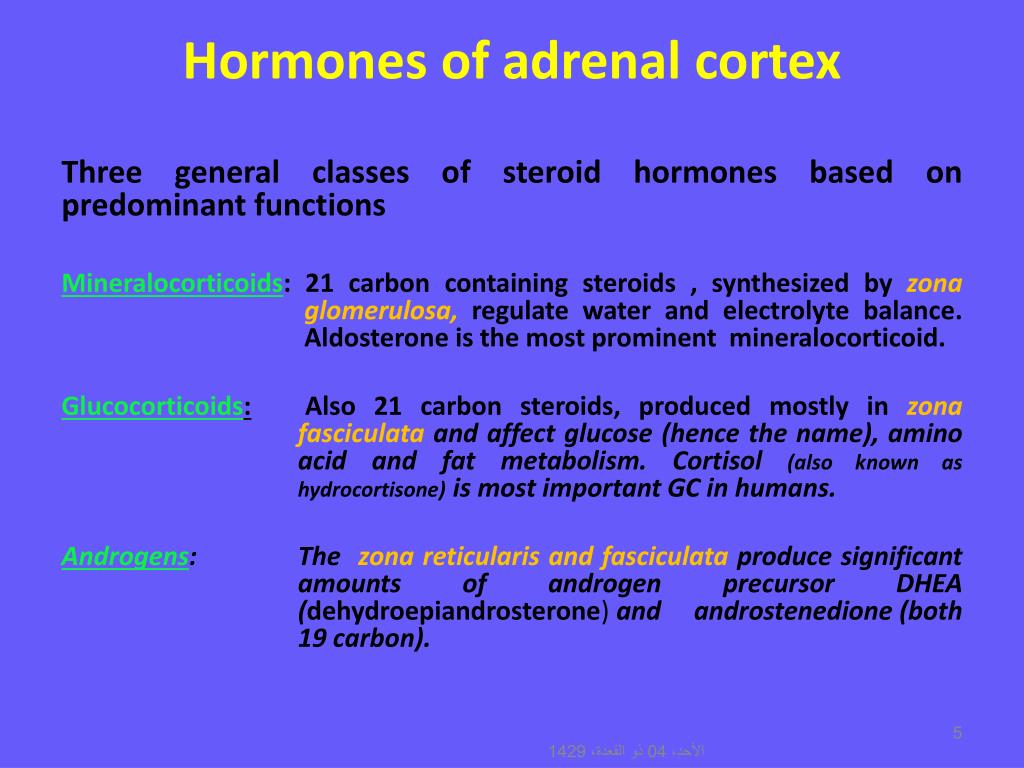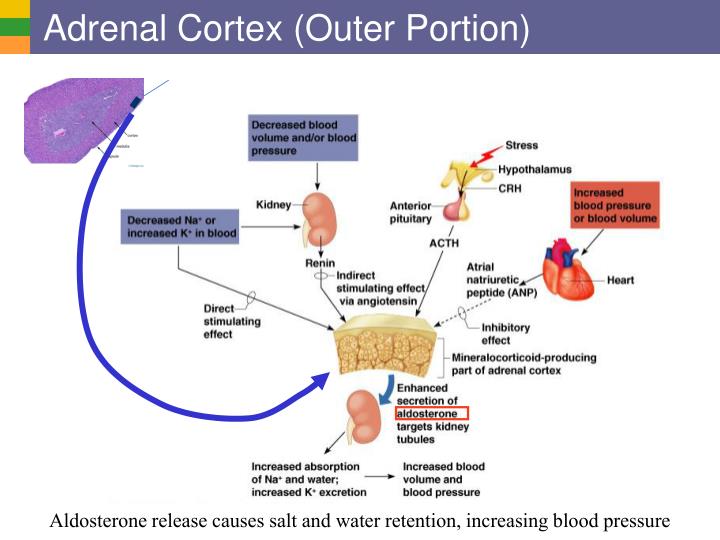

You might also know the adrenal glands as the suprarenal glands for this reason-suprarenal literally means “above the kidney." My colleagues here at VB like to refer to these guys as “the party hats of the kidneys,” which is a pretty apt description considering their fun pointy shape and the fact that there’s one sitting atop each kidney. When it comes to the body’s stress response, the adrenal glands are the stars of the show. Today, we’re going to talk about both of these types of stress-the classic fight-or-flight response as well as what happens when your body experiences persistent stress.

It can really do damage to the body over time.

Once the danger has passed, the body goes back to business as usual.Ĭhronic stress, on the other hand, happens when the body is constantly responding to stress and remaining in a heightened state for a long time. The fight-or-flight (or fight-flight-freeze) response, aka the “alarm” stage of the stress response, is there for a good reason-it prepares the body to deal with danger (you know, like outrunning a ferocious animal that’s trying to eat you, or fighting off a fellow cave-person coming at you with a spear). So, what is stress? At its core, stress is all about how the body reacts to a potential threat. Most of us spend a lot of time either feeling it, trying to relieve it, or both. Stress is a pretty big deal in modern society. Nursing Times 117: 8, 54-58.Īuthors: Maria Andrade is honorary associate professor in biomedical science Zubeyde-Bayram Weston is senior lecturer in biomedical science John Knight is associate professor in biomedical science all at College of Human and Health Sciences, Swansea University.The Endocrine System: The Adrenal Glands and the Stress Response This article, the fourth in an eight-part series on the endocrine system, explores the anatomy and physiology of the adrenal glands, and describes how they regulate and coordinate vital physiological processes in the body through hormonal action.Ĭitation: Andrade M et al (2021) Endocrine system 4: adrenal glands. The endocrine system consists of glands and tissues that produce and secrete hormones to regulate and coordinate vital bodily functions. This article comes with a self-assessment enabling you to test your knowledge after reading it This article, the fourth in an eight-part series, looks at the adrenal glands. The endocrine system comprises glands and tissues that produce hormones for regulating and coordinating vital bodily functions.


 0 kommentar(er)
0 kommentar(er)
